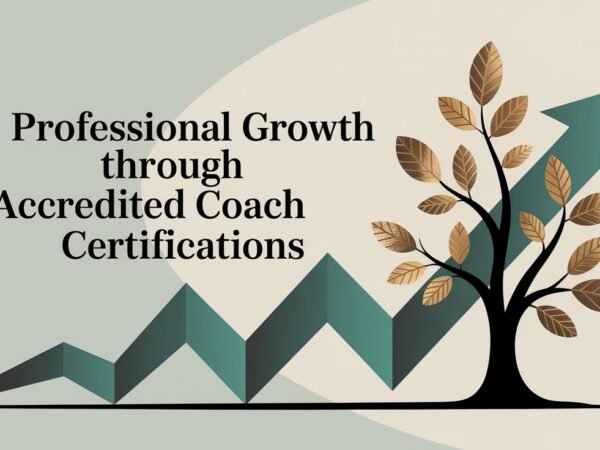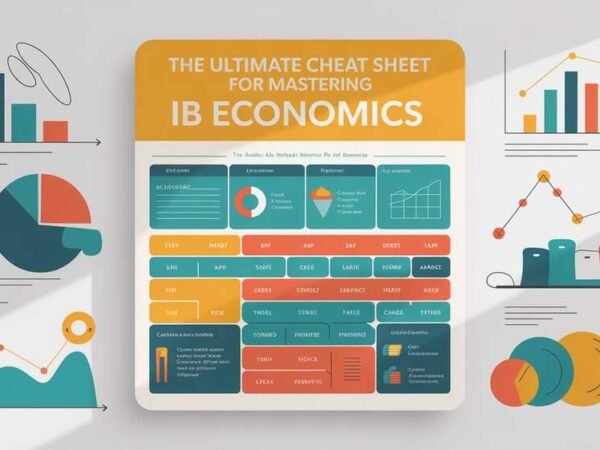Source
As the field of education continues to evolve, the demand for skilled consultants who can guide schools, institutions, and districts in improving learning outcomes has grown. Educational consultants are vital in helping educational systems strengthen their practices, from curriculum development to teacher training and beyond. Gaining specialized knowledge and skills is critical if you want to advance your expertise and stand out in this growing field.
Here’s how you can get started:
Understand the Core Responsibilities
As an educational consultant, your role can vary greatly depending on your clients’ needs. However, some core responsibilities are consistent across the field. You’ll likely find yourself advising schools and educational institutions on everything from curriculum development to classroom management strategies and assisting with teacher professional development. You may also be tasked with helping schools integrate technology, improving school culture, or developing policies that enhance learning outcomes. Understanding these responsibilities will allow you to tailor your skills to what schools and organizations need most, ensuring that you offer valuable insights that drive positive change.
Gain Specialized Knowledge Through Advanced Education
Building expertise in secondary education is crucial for anyone wishing to become a successful educational consultant. This specialized knowledge helps you understand the challenges and opportunities within middle and high schools, including curriculum development, adolescent learning needs, and effective classroom management. One way to deepen your knowledge is by pursuing advanced studies, such as the MAT secondary education program. This program provides an in-depth exploration of the methods and approaches used to teach secondary school students, preparing you to offer high-quality advice and strategies as a consultant.
The coursework will cover teaching strategies, content areas, and educational psychology. This degree will also equip you with the necessary tools to develop strong teaching practices, understand student development, and engage in effective problem-solving in diverse school settings. Graduates of the program are well-prepared to help schools address issues like curriculum design, instructional methods, and integrating new educational models.
Develop Strong Communication Skills
Effective communication is essential for educational consultants, as they often work with diverse stakeholders, including teachers, administrators, students, and parents. Clearly articulating your ideas and recommendations and listening to feedback is crucial to building strong working relationships and ensuring that your advice is taken seriously.
To strengthen your communication skills, start by focusing on active listening. When working with clients, ensure you fully understand their challenges before offering solutions. This will help you tailor your advice to their specific needs. Additionally, practice writing reports and proposals that are clear, concise, and actionable. Presenting your findings and recommendations in a way that is easy to understand is vital to being an effective consultant.
Build a Network with Other Professionals
As an educational consultant, your network can be one of your greatest assets. Building relationships with educators, school administrators, and other professionals in the education sector opens the door to new opportunities and collaborations. Networking can also provide valuable insights into what’s happening in schools and districts, helping you stay informed about educators’ challenges.
To expand your network, attend industry conferences, join professional associations, and participate in online forums where educators and consultants gather to share best practices. These connections will help you find potential clients and offer support and advice as you navigate your career. Establishing a solid professional network can be the key to growing your consulting business and staying up-to-date on the latest educational trends and challenges.
Keep Up with Educational Research and Trends
Education constantly evolves, with new research, policies, and teaching practices emerging regularly. Staying informed about the latest trends and innovations will help you provide relevant, evidence-based recommendations to your clients. Whether it’s the integration of new technologies, evolving pedagogical theories, or changes in educational policy, being knowledgeable about current research allows you to offer guidance that is both up-to-date and effective.
To keep up with the latest developments in education, make it a habit to read academic journals, follow thought leaders in the field, and attend webinars or workshops. Understanding the research behind new teaching strategies, assessment methods, and educational tools will help you apply them effectively in your consulting work. By staying informed, you can offer clients valuable insights to help them stay ahead of the curve and improve their educational practices.
Successful educational consultants require specialized knowledge, strong communication skills, practical experience, and a commitment to ongoing learning. You can significantly enhance your consulting practice by gaining advanced expertise through advanced degree programs. Whether mastering data analysis, improving your problem-solving abilities, or staying informed about the latest educational trends, each step will help you become a more effective consultant. With dedication and the right tools, you can make a meaningful impact on the educational systems you work with, guiding them toward positive change and improved student outcomes.
Also read interesting articles at Disboard.co.uk













